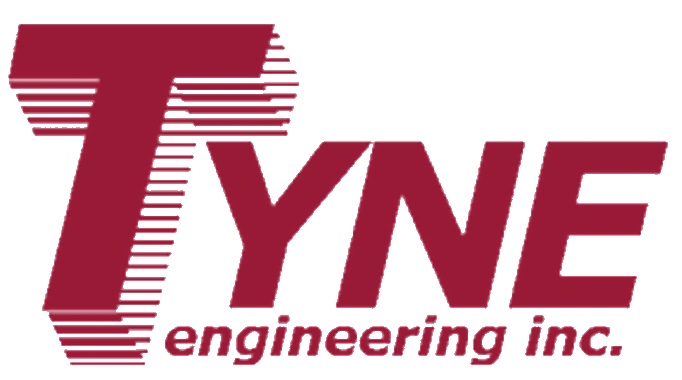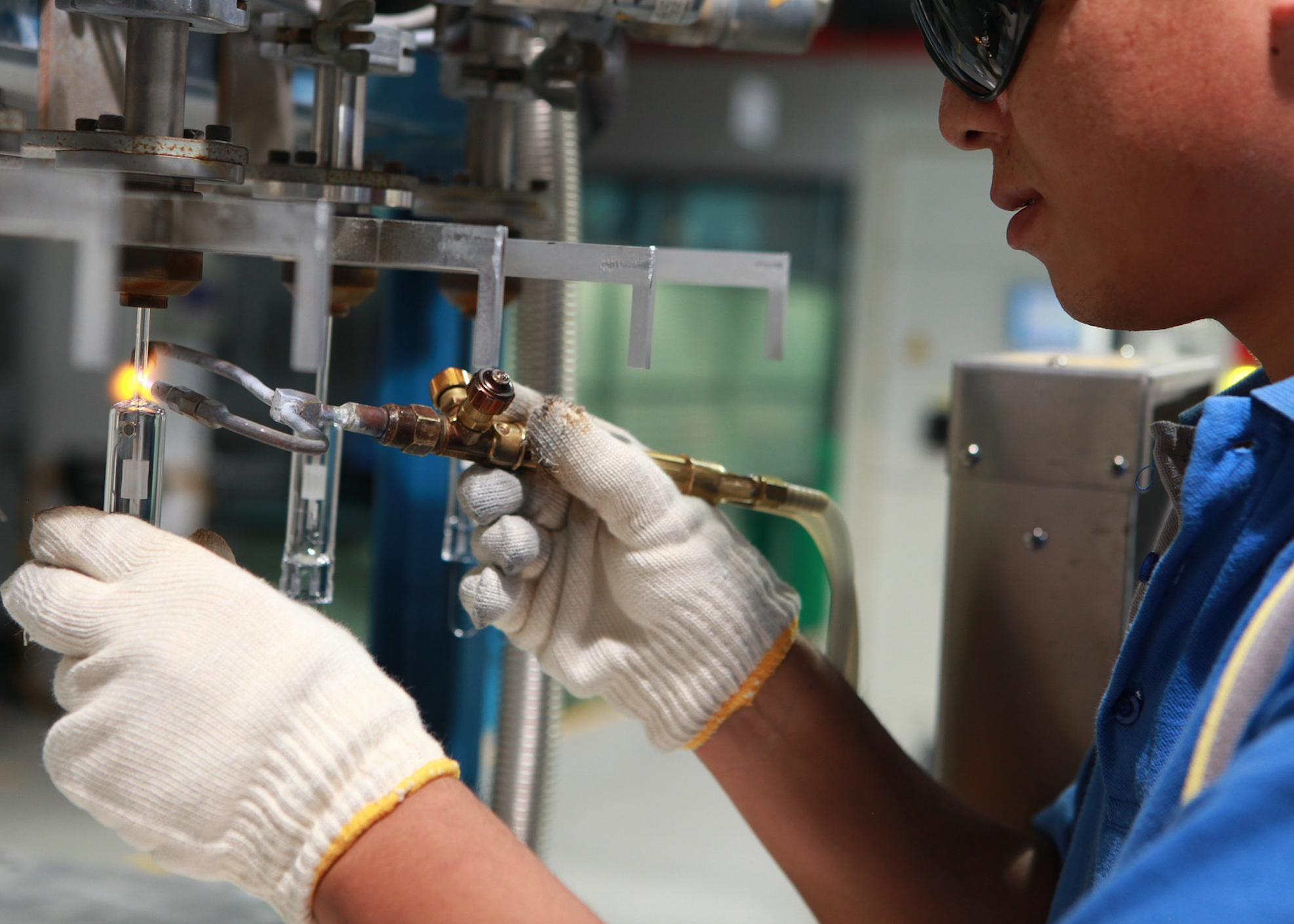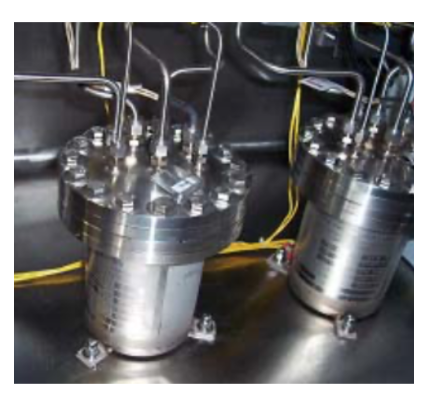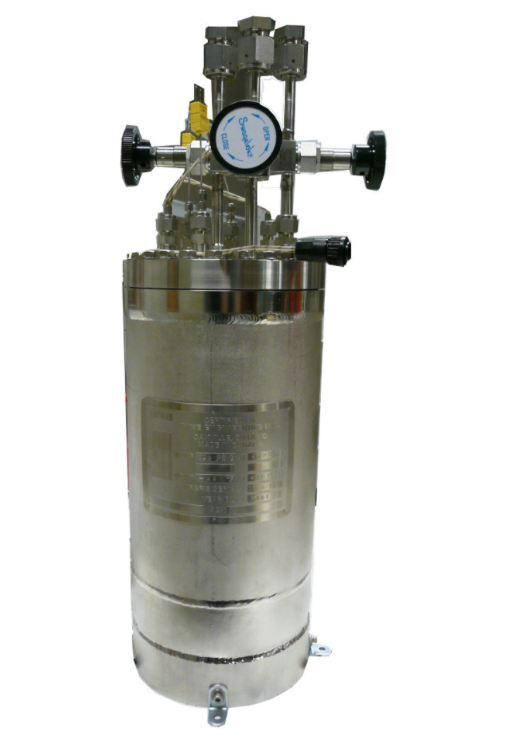
Getter Bed
Getter beds used in tritium and hydrogen handling provide entrapment, storage, purification and dispensing capability. Tyne customizes the design and manufacturing of each getter bed in accordance with client requirements.
- Safe; tritium is in a solid form in the getter material.
- Store tritium permanently or temporarily on getter bed.
- Remove impurities from tritium streams.
- Extract tritium from inert gas flows.
- By application of heat, some getter material will readily release tritium.
- Small; large volumes of hydrogen can be stored on a small amount of getter material.
Types of getter beds include the materials they employ such as Depleted Uranium, Zirconium Iron, Nickel, Titanium, Zirconium Cobalt, etc. All bed materials have different properties and are used under different circumstances.
There are two main operating types: storage and scavenging beds. Scavenging beds will be used to remove tritium from process gas lines; storage beds may be used to draw tritium from an evacuated system onto the beds and may have only one connection.
Some getter beds may have an inlet, outlet and one or two annulus connections to assist in circulation or purging. Both bed types can be used to deliver tritium into a system, provided heat can be applied to their shells. Heat is sometimes applied externally by inserting the bed into an external heater assembly; this may be the case with a transfer bed used to introduce tritium into a system. For example, or it may be applied from a built-in heater permanently attached to the bed, depending on the service required. Some heaters are conventional band heaters, while others may be inset into grooves in the pressure vessel for longer life and may be of the tubular type.
Where high tritium levels are anticipated, and the getter bed is to be frequently heated, a doubly contained bed comprising one vessel inside another may be provided.
Doubly contained getter beds usually have internal heaters, and if so, will probably have a purged annulus. If access to the annulus for maintenance is appropriate, the beds may be flanged. Some situations call for the getterbeds to be fully welded instead of flanged, because tritium levels inside the annulus can become high. In these cases, backup auxiliary heaters or standby heaters and thermocouples are frequently provided in case of failure of the working heaters or thermocouples.
Tyne also fabricates a simple getterbed complete with insulation and built-in heater. These have an outer shield of stainless steel to contain the insulation and can be built with low-heat conduction ceramic heaters to minimize heat loss. They also have two thermocouples, a nameplate with the quantity and type of getter identified, and can also be fitted with a stand-by heater.
Tyne personnel will be pleased to discuss bed types required by clients, estimate a price and deliver beds of the finest quality, incorporating many years of experience. Some beds require approval by Canadian Nuclear Materials Control authorities before shipment. Where this is the case, Tyne will assist the customer to obtain the necessary approvals.
Please contact us for details.


related Tritium storage solutions
Quality tritium storage and transportation is a critical aspect of the evolving and developing energy, medical, research and development industries. Tyne is highly valued worldwide for our ability to provided leading storage solutions.










